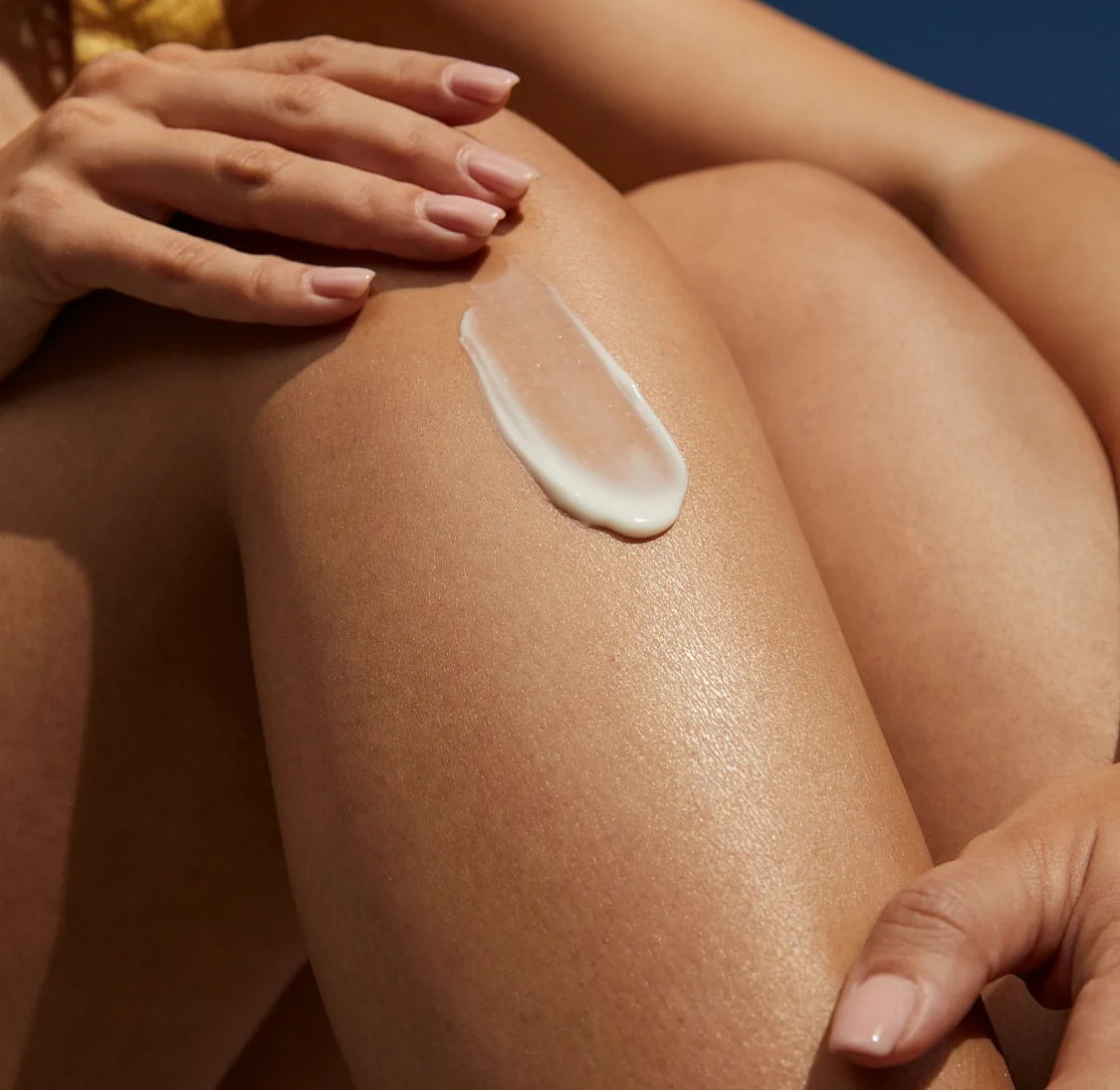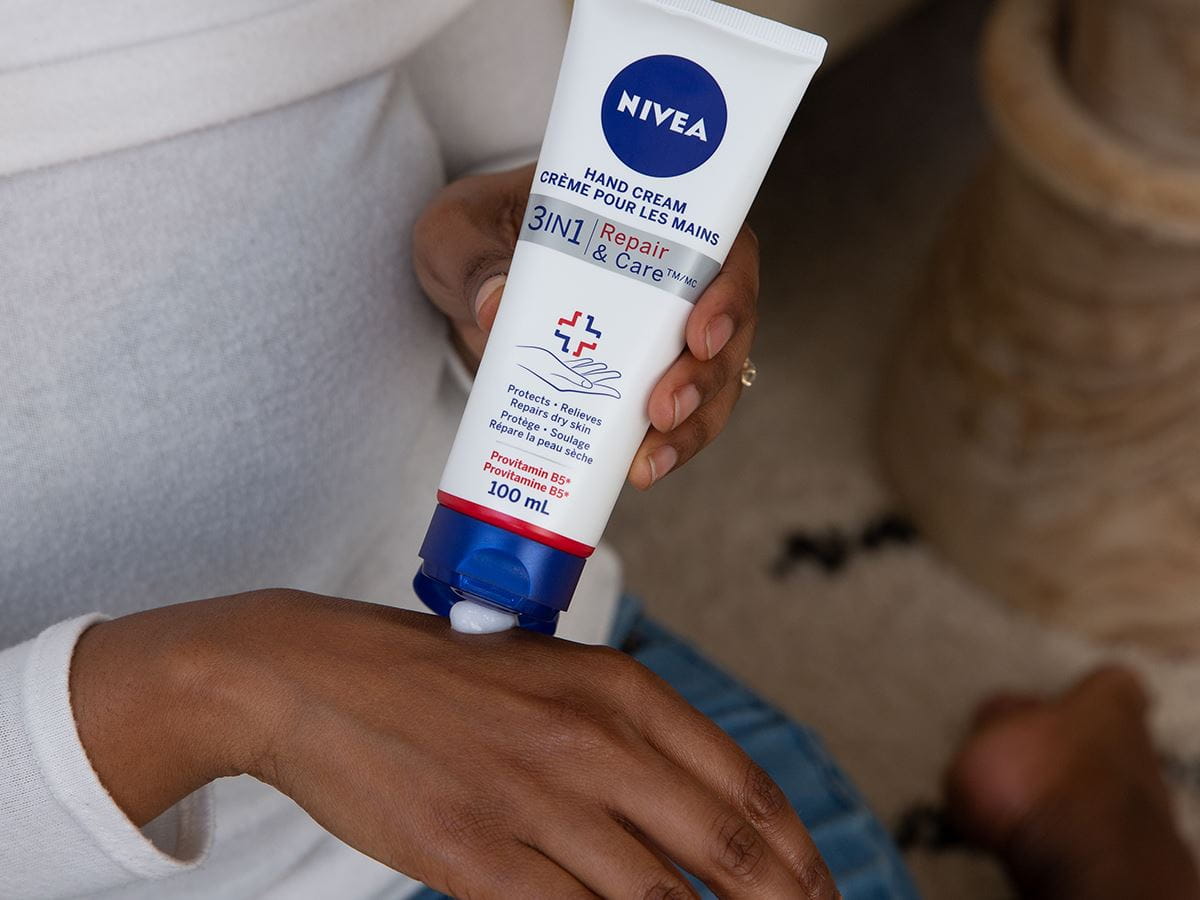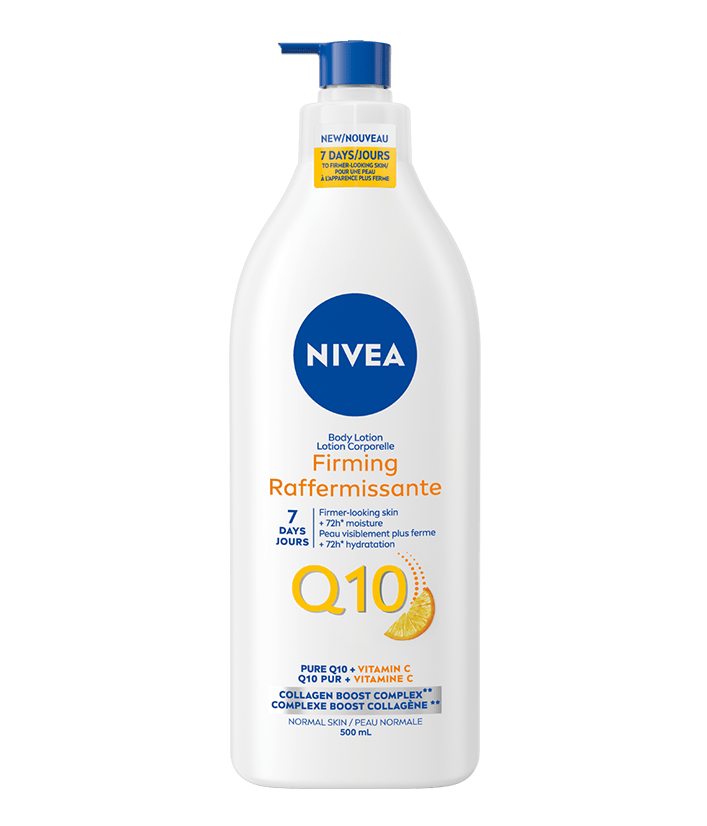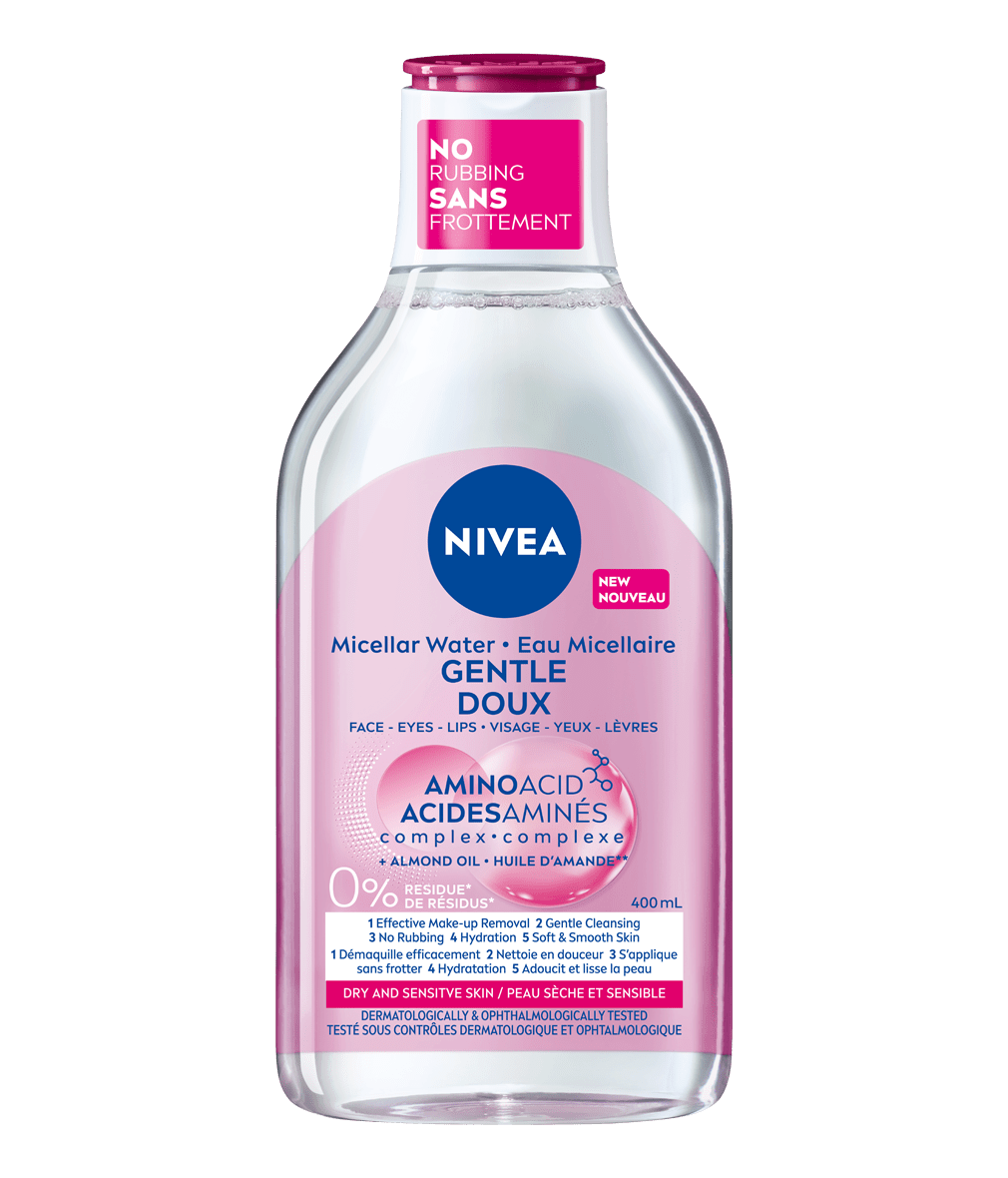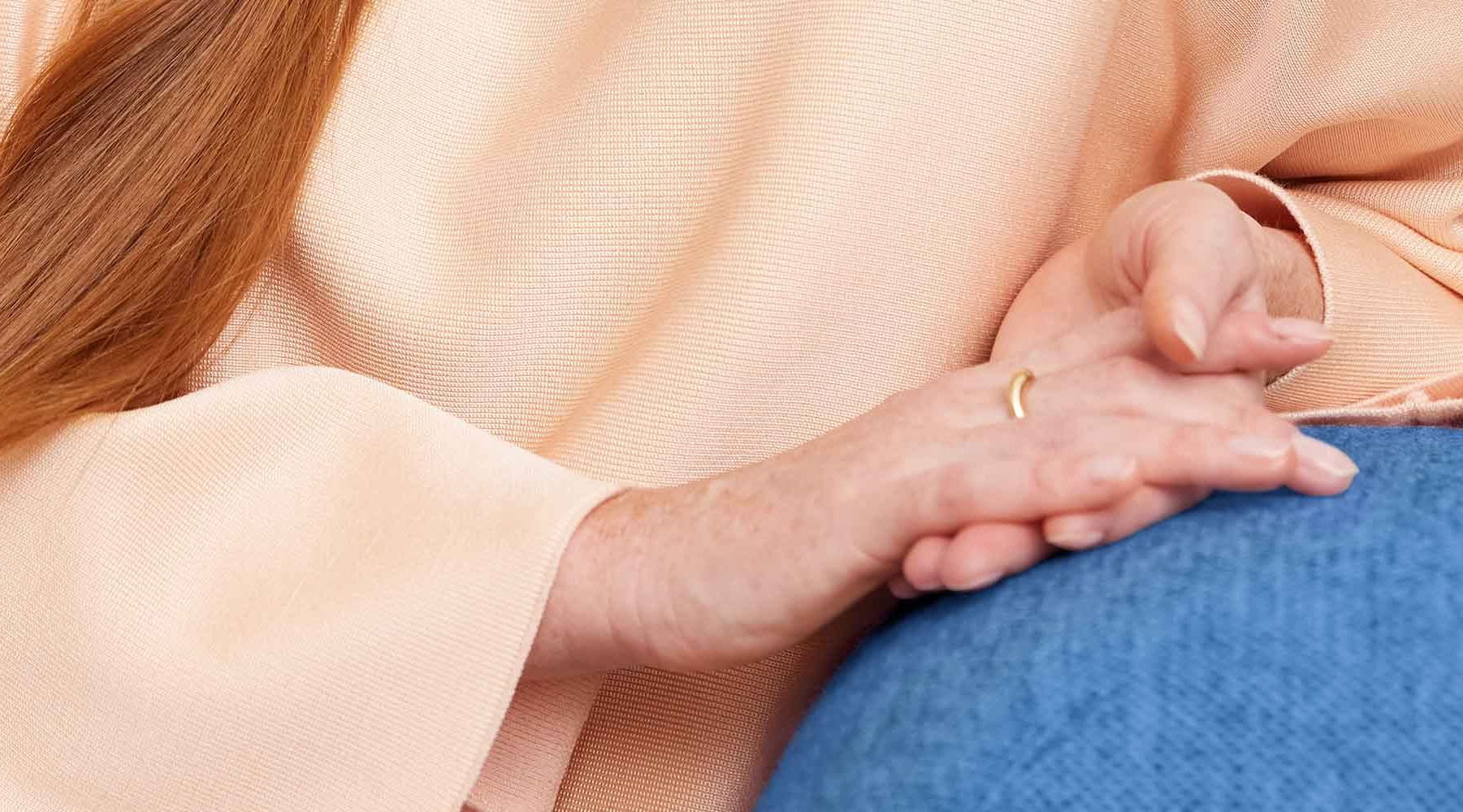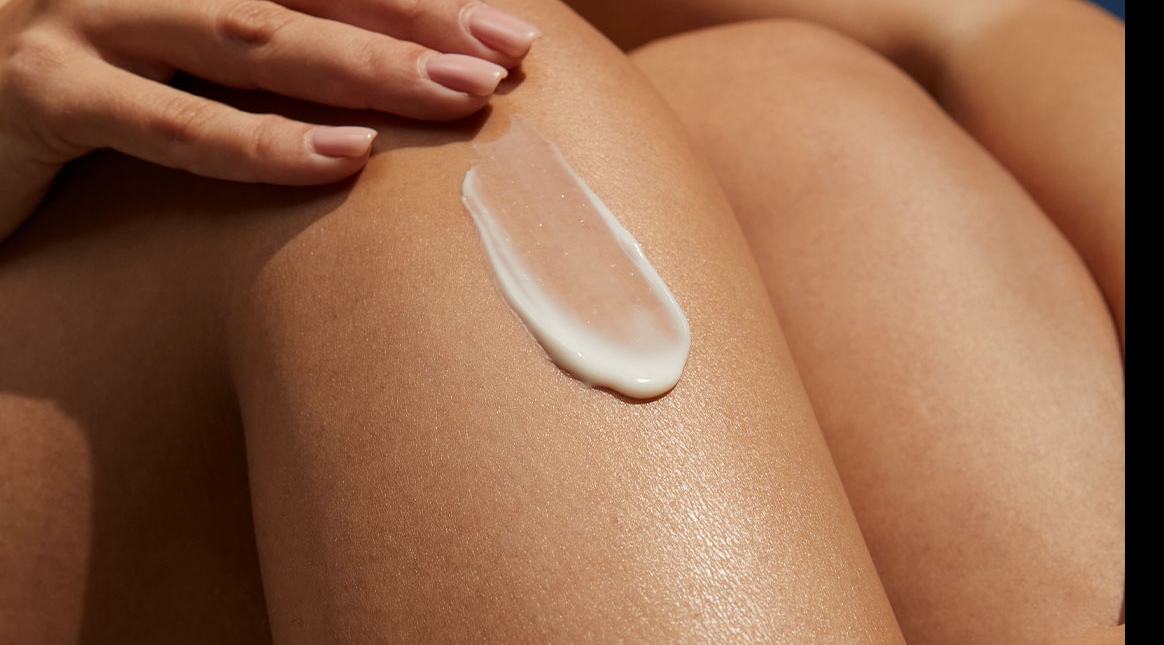
HOW TO WASH YOUR HANDS PROPERLY
When and how often do you need to wash your hands? Discover our step-by-step instructions on how to wash hands properly and learn why it is so important to keep them clean.
STEP-BY-STEP INSTRUCTIONS: HOW TO WASH HANDS PROPERLY AND PREVENT INFECTIONS
If you believe washing your hands is the easiest thing in the world, think again. In fact, germs can only be removed if you wash your hands thoroughly.
PROPER HAND WASHING AND CARE: TIPS FOR SOAPS AND CREAMS
To prevent skin from drying out as a result of washing, it is essential to choose the right soap and rich cream to follow-up with.
WHY PROPER HAND WASHING IS SO IMPORTANT
Everyone knows: washing hands is a must. But why? And how often should your hands be washed?
